Canadian shoppers have long appreciated the competitive grocery landscape that keeps prices in check across major retailers. Among the most powerful tools in a bargain hunter’s arsenal is the often-underutilized price matching policy – a retail practice that could save families hundreds of dollars annually if leveraged strategically. Unlike simple coupon clipping or waiting for seasonal sales, price matching represents an immediate opportunity to secure the lowest available price without hopping between multiple stores.
The concept appears straightforward at first glance: present proof of a competitor’s lower advertised price, and the store will match it. However, the reality involves nuanced understanding of corporate policies, unspoken limitations, and psychological tactics that separate casual users from masterful practitioners. Major chains like Loblaws, Walmart Canada, and Metro each approach price matching with distinct variations that reward careful study.
Behind the scanner beeps lies a complex dance between retailers’ desire to appear consumer-friendly while protecting profit margins. Stores carefully analyze which competitors they’ll match (typically excluding premium grocers or discount outliers) and which product categories qualify (often excluding alcohol, pharmacy items, or clearance merchandise). The weekly flyer remains the gold standard for proof, though some progressive retailers now accept digital advertisements or even real-time app pricing from approved competitors.
Seasoned price matchers develop an almost sixth sense for identifying ideal matching opportunities. The magic often happens with staple items – butter, eggs, or pantry basics – where chains aggressively compete on razor-thin margins. A $0.30 difference per pound on ground beef might seem trivial until multiplied across a month’s worth of family meals. Savvy shoppers maintain organized digital folders of competitor flyers or use price tracking apps to build historical pricing knowledge that predicts when items will cycle into matching eligibility.
The human element proves equally crucial to successful price matching. Cashiers and customer service staff, while generally cooperative, appreciate shoppers who present clear evidence without slowing queues. Veteran practitioners recommend having the competitor’s current flyer open to the correct page with the item circled, or better yet, using the store’s own app that often includes competitor price matching functions. Polite efficiency tends to yield better results than confrontational approaches, especially during peak shopping hours.
Regional differences create another layer of strategy. Urban centers with dense grocery competition tend to have more aggressive matching policies than rural areas with limited alternatives. Some provinces see particular chains dominate the market, influencing how vigorously competitors will match. Quebec’s unique retail landscape, for instance, requires different tactics than Ontario’s sprawling supermarket wars. Travelers between provinces should note these subtle but important variations.
Technology continues reshaping price matching tactics. Mobile apps now allow instant verification of competitor prices, reducing the need to carry physical flyers. Some retailers have experimented with automated price matching at self-checkout stations, though these systems remain imperfect. The rise of real-time digital price tracking means the gap between spotting a better price and securing the match has shrunk from days to milliseconds for prepared shoppers.
Psychological barriers prevent many from fully utilizing price matching. The imagined social awkwardness rarely matches reality – most cashiers process matches mechanically after initial familiarity. Others assume the time investment outweighs savings, not realizing how quickly the process becomes second nature. A quiet revolution occurs when shoppers recognize that corporations budget for price matching as a customer acquisition cost, making utilization not just thrifty but economically rational.
Legal protections add weight to price matching policies. While stores reserve rights to modify terms, advertised policies create binding consumer expectations. Cases have emerged where persistent shoppers successfully argued for matches beyond initial refusal by citing previous consistent practice. This doesn’t imply confrontational approaches work best, but rather that knowledge of policy specifics empowers polite negotiation.
Households that master price matching often report unexpected secondary benefits beyond direct savings. The practice cultivates heightened awareness of true price cycles, revealing that many "sales" are actually reverted price hikes. It builds comparative shopping skills in children who observe the process. Perhaps most significantly, it transforms grocery budgeting from passive expense tracking into an active savings activity with measurable returns on time invested.
The future of price matching may involve more dynamic systems as retailers balance competitiveness with profitability. Some analysts predict AI-driven personal pricing could make blanket matching obsolete, while others believe public pressure will expand matching policies as cost-of-living concerns grow. For now, the practice remains one of retail’s last true transparency tools – a small but powerful equalizer in the often opaque world of grocery pricing.
As inflation pressures household budgets across Canada, price matching evolves from clever trick to essential strategy. Those who invest time understanding the nuances join a quiet community of savvy shoppers who refuse to overpay on principle. The real secret isn’t just in knowing how to request a match, but in developing the observational skills and systematic approach that makes saving second nature. In an era of complex loyalty programs and algorithmic pricing, the straightforward honesty of price matching remains refreshingly powerful.

By Sophia Lewis/Apr 11, 2025

By Joshua Howard/Apr 11, 2025

By Grace Cox/Apr 11, 2025
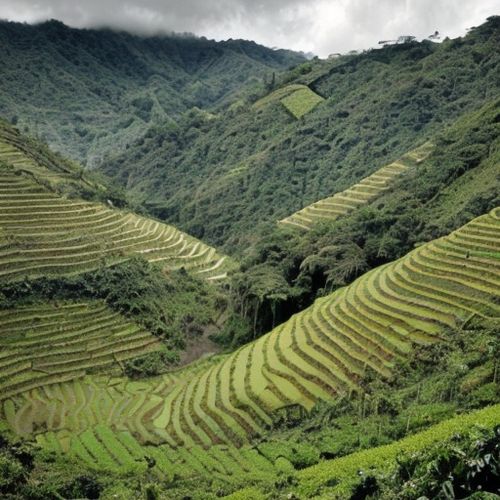
By George Bailey/Apr 11, 2025
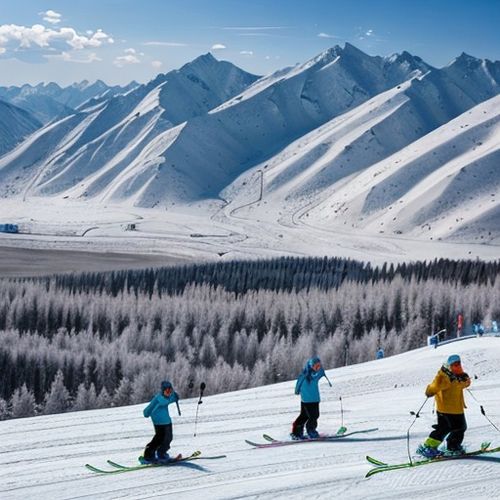
By Samuel Cooper/Apr 11, 2025
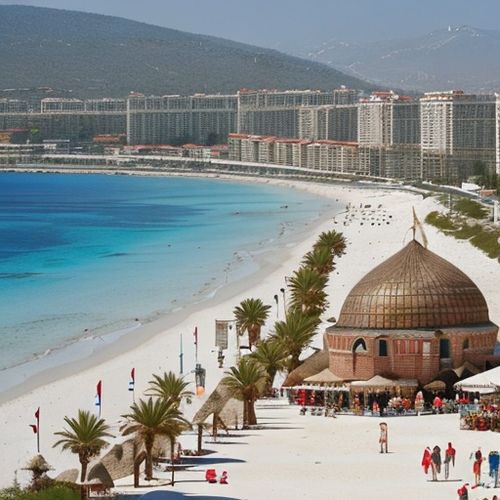
By Sophia Lewis/Apr 11, 2025

By Megan Clark/Apr 11, 2025
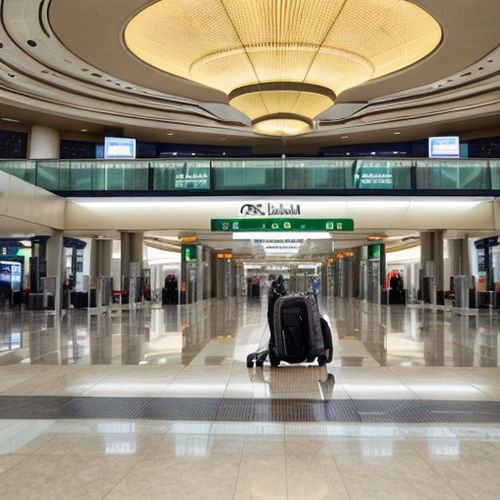
By Lily Simpson/Apr 11, 2025

By Samuel Cooper/Apr 11, 2025
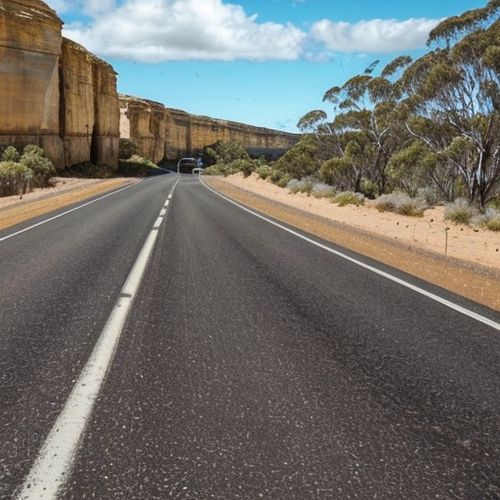
By Noah Bell/Apr 11, 2025

By Ryan Martin/Apr 11, 2025
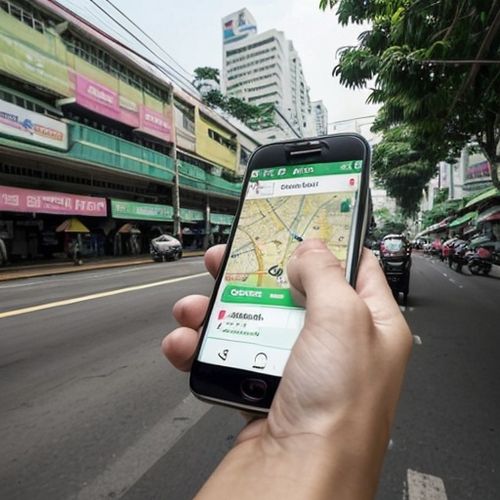
By John Smith/Apr 11, 2025
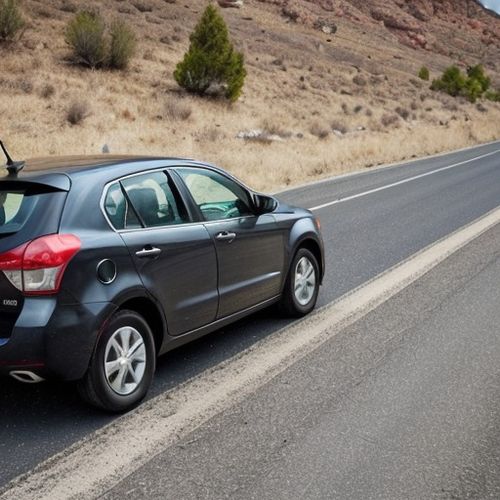
By James Moore/Apr 11, 2025
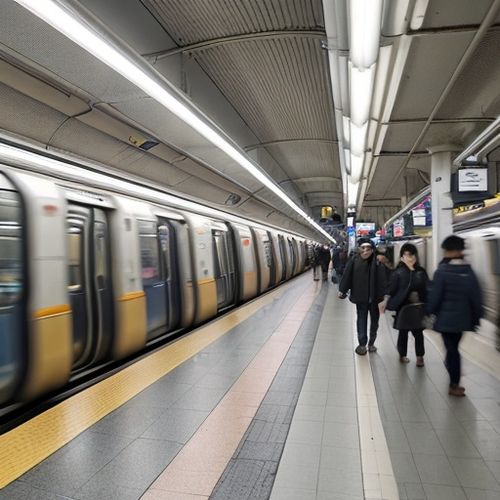
By Lily Simpson/Apr 11, 2025

By Thomas Roberts/Apr 11, 2025

By Jessica Lee/Apr 11, 2025

By William Miller/Apr 11, 2025

By Elizabeth Taylor/Apr 11, 2025

By Christopher Harris/Apr 11, 2025

By Eric Ward/Apr 11, 2025